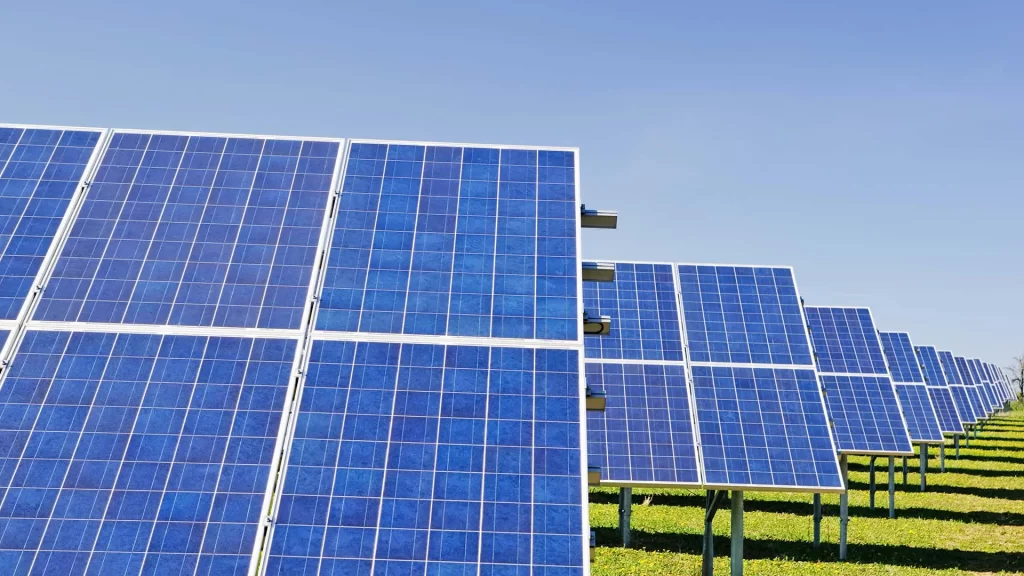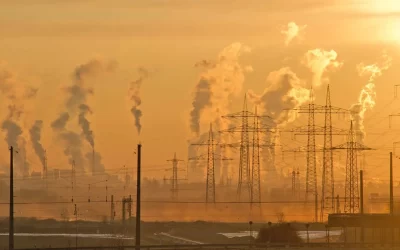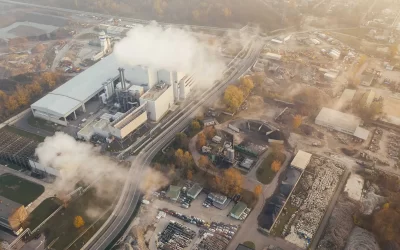Renewable energies play an extremely important role today for a number of crucial reasons:
-
- Reducing Greenhouse Gas Emissions: Renewable energies, such as solar, wind and hydroelectric, produce electricity with very low or zero greenhouse gas emissions. This helps to combat climate change, which represents one of the greatest global threats to the health of the planet.
-
- Diversification of the Energy Matrix: Excessive dependence on non-renewable sources such as oil and coal can create economic and security vulnerabilities. Renewable energies diversify the energy matrix, reducing dependence on fossil fuels.
-
- Energy Security: Renewable energies are abundant and widely distributed throughout the world. This helps to increase energy security by reducing dependence on imported energy sources or unstable regions.
-
- Job Creation: The renewable energy industry is an important source of jobs. It involves the manufacture, installation, maintenance and operation of renewable energy systems, contributing to local and global economic growth.
-
- Technological Development: Investment in renewable energies drives technological innovation. This leads to the development of more efficient and affordable technologies that can be applied in other sectors.
-
- Access to Energy in Isolated Communities: Renewable energies, such as solar panels and small-scale wind turbines, make it possible to provide access to energy in remote areas or those lacking electricity infrastructure.
-
- Reducing air and Water Pollution: Generating energy from renewable sources produces less air and water pollution compared to fossil fuel sources. This improves air quality and public health.
-
- Price Stability: The volatility of fossil fuel prices can have a significant impact on consumers and companies. Renewable energies often offer more stable and predictable prices over time.
-
- Meeting Sustainability Targets: Many governments and companies have set sustainability and emissions reduction targets. Renewable energies play a crucial role in achieving these goals.
-
- Conservation of Natural Resources: Renewable energy generation uses fewer finite natural resources such as oil and coal. This contributes to preserving these resources for future generations.
-
- Environmental Disaster Response: Renewable energies are resilient to natural disasters such as hurricanes or earthquakes, which can interrupt the supply of energy from conventional sources.
We can conclude that renewable energies are essential for environmental, economic and social sustainability. They play a vital role in mitigating climate change, promoting sustainable economic development and improving global quality of life. As the energy transition continues to grow, investment in renewable energy sources is crucial to meeting today’s energy and environmental challenges.




